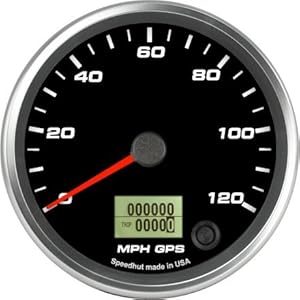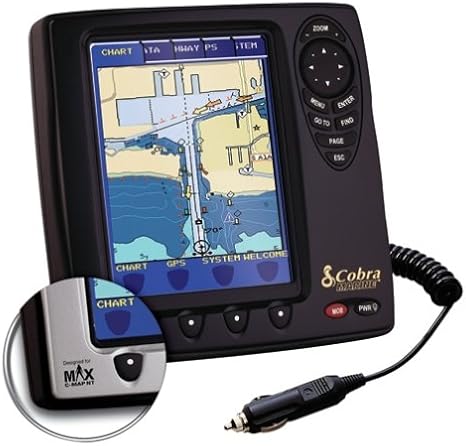GPS technology has revolutionized navigation, transforming how we travel and interact with the world. But its potential extends far beyond personal use. The question is: Can GPS technology truly make our cities smarter? The answer is a resounding yes, and this article will explore the multifaceted ways it’s already contributing and how its influence will continue to shape urban environments in the future.
Improving Traffic Flow and Reducing Congestion

One of the most immediate and impactful applications of GPS in smart cities is traffic management. Real-time data from GPS-enabled devices in vehicles provides invaluable insight into traffic patterns. This data is used by city authorities to:
- Identify congestion hotspots: Pinpointing areas experiencing consistent delays allows for targeted interventions.
- Optimize traffic signal timing: Adaptive traffic signals that adjust timings based on real-time traffic flow can significantly reduce wait times and improve overall efficiency.
- Implement intelligent routing systems: GPS-guided navigation apps can direct drivers to less congested routes, preventing gridlock and minimizing travel times.
- Develop predictive models: Analyzing historical GPS data helps predict future traffic patterns, enabling proactive interventions to prevent congestion before it occurs.
The cumulative effect of these improvements translates to reduced fuel consumption, lower emissions, and a more efficient transportation system. This is particularly crucial in densely populated urban areas where congestion is a major challenge.
Enhancing Public Transportation
GPS technology is a game-changer for public transport, making it more reliable and user-friendly. By tracking buses and trains in real-time, cities can:
- Provide accurate arrival predictions: Passengers can plan their journeys more effectively, reducing waiting times and improving the overall public transport experience.
- Improve route optimization: GPS data can identify inefficiencies in existing routes, leading to optimized schedules and improved service reliability.
- Monitor vehicle performance: Tracking vehicle location and speed allows for proactive maintenance scheduling, minimizing disruptions caused by breakdowns.
- Improve safety and security: Real-time tracking of public transport vehicles enhances security, allowing for quick responses in emergencies.
This leads to increased ridership, a reduction in reliance on private vehicles, and a more sustainable transportation system.
Optimizing Emergency Services

In emergency situations, every second counts. GPS technology plays a vital role in optimizing the response time of emergency services. Dispatchers can use GPS data to:
- Quickly locate callers: Pinpointing the exact location of a caller in distress is crucial for efficient dispatch of emergency personnel.
- Direct emergency vehicles to the optimal route: Real-time traffic information helps avoid congestion and ensure the fastest possible response time.
- Coordinate multiple responders: GPS allows for real-time tracking and coordination of multiple ambulances, fire trucks, or police vehicles at the scene of an emergency.
This enhanced coordination improves the effectiveness of emergency response, potentially saving lives and minimizing property damage.
Improving Parking Management

Finding parking in urban areas can be a frustrating and time-consuming experience. GPS-enabled parking solutions address this challenge by:
- Providing real-time information on parking availability: Drivers can easily identify available parking spaces, reducing circling and congestion.
- Guiding drivers to available spaces: GPS navigation directs drivers to the nearest available parking spaces, minimizing search time.
- Enabling cashless parking payments: Mobile apps allow for convenient and contactless parking payments.
- Managing parking enforcement: GPS technology can be used to track parking violations and improve enforcement efficiency.
These solutions contribute to a smoother and more efficient parking experience, reducing traffic congestion and improving overall urban mobility.
Enhancing Smart City Services

Beyond transportation, GPS technology has applications in various other smart city initiatives, such as:
- Waste management: Tracking garbage trucks allows for optimized collection routes and improves efficiency.
- Environmental monitoring: GPS-enabled sensors can monitor air and water quality, providing valuable data for environmental management.
- Smart grids: GPS can assist in managing power distribution and identifying potential issues in the electrical grid.
- Public safety: Real-time tracking of city assets can improve safety and security measures.
In conclusion, GPS technology is not merely a navigation tool; it’s a fundamental component of building smarter, more efficient, and sustainable cities. Its impact extends across numerous sectors, improving transportation, emergency response, parking management, and various other city services. As technology continues to evolve, we can expect even more innovative applications of GPS that will reshape urban landscapes in the years to come. The future of smart cities is undeniably intertwined with the continued development and integration of GPS technology.


